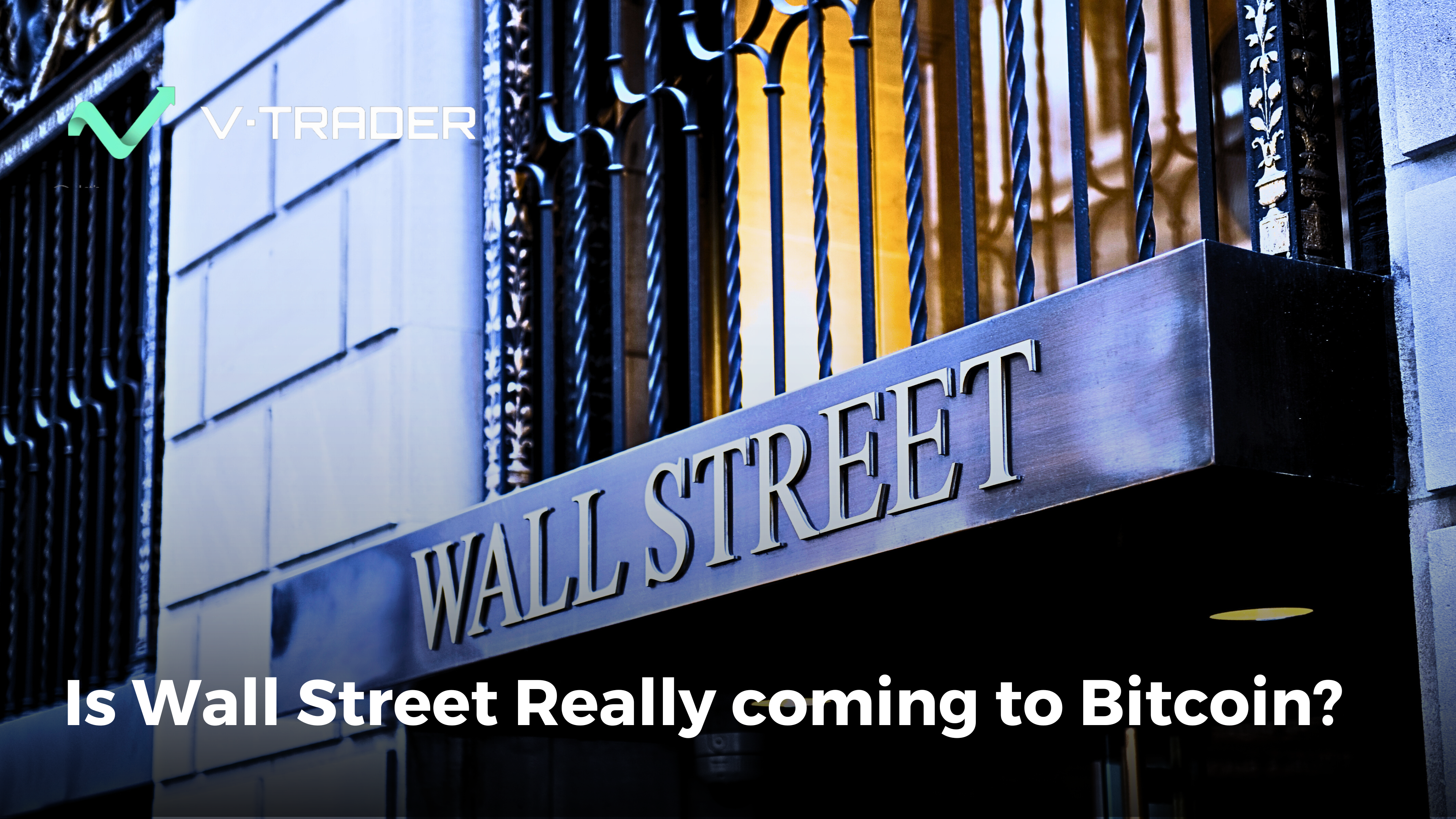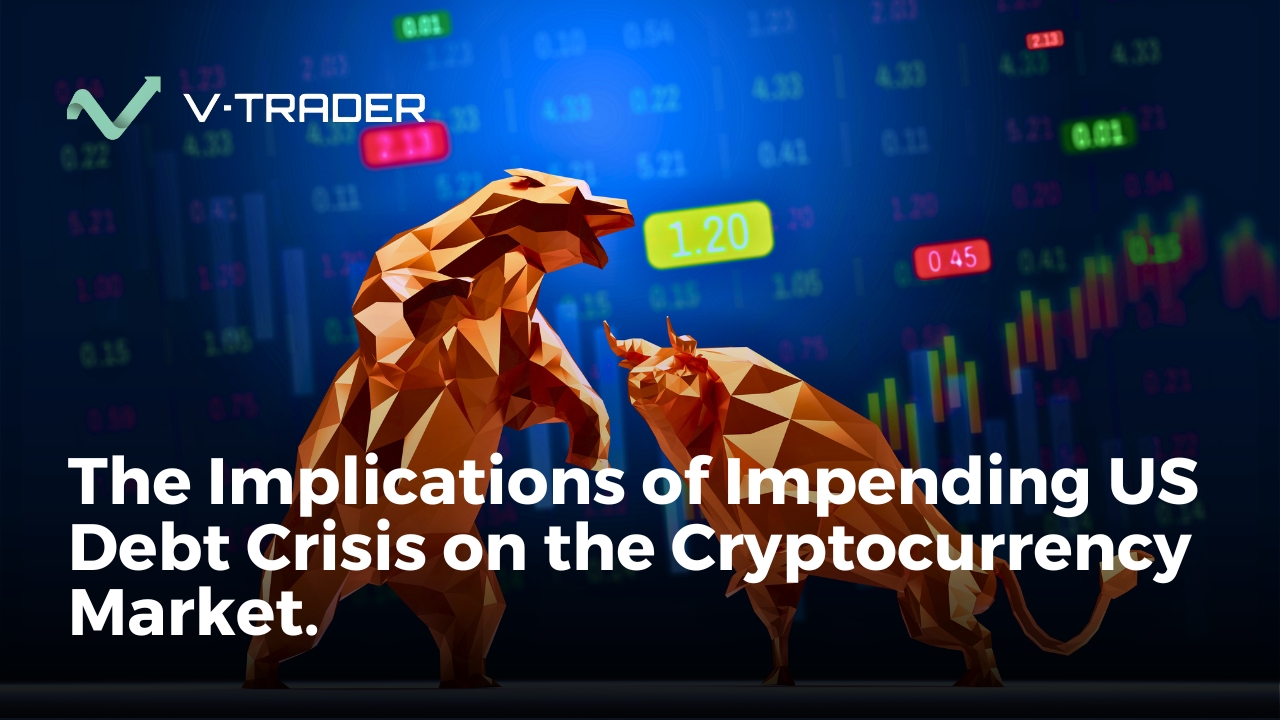Bitcoin and other cryptocurrencies were invented as decentralized alternatives to such traditional finance systems. They were originally created for the purpose of freeing individuals from giant centralized institutions, such as banks and governments. Bitcoin provided a way for people to participate in financial transactions without the service of traditional financial intermediary systems. Over the centuries, these cryptocurrencies attracted a numerous number of retail investors, attracted by the sheer curiosity and excitement of entering an entirely new market of innovative finance. As cryptocurrencies grew in popularity, people eagerly awaited Wall Street’s involvement.
Has Wall Street really entered the world of cryptocurrency, and what has this had to say for itself? Many early critics argued that if Wall Street entered into the space, it would import traditional business practice into a sphere built on decentralization. The opposite of what has occurred, however, has been much more progressive and rather complex. Wall Street was always proactive in its being in the market, mostly with new product creations, as it invested further into blockchain-related technologies and even directly partnered up with many companies highly focused on the cryptocurrency sector.
Is Wall Street driving cryptocurrency’s evolution or degrading its essential appeal? In this article we will explore how its influence on Bitcoin and other digital currencies may shape the future of the market.
Wall Street’s Current Role in Bitcoin

The truth is that Wall Street’s interest in cryptocurrencies has skyrocketed. Companies like Morgan Stanley, Goldman Sachs, and Citigroup are among the subsidiaries of almost 60% of the top 100 banks in the world that now have direct or indirect involvement in blockchain technology or digital currencies. The Wall Street financial huge companies are still introducing new goods and services to satisfy institutional and individual investors’ need for cryptocurrency-based products.
The world’s largest asset management organization, BlackRock, is making its inroads into the cryptocurrency market in the United States. Among the highlights for BlackRock in 2023 was approval for a Bitcoin ETF (Exchange-Traded Fund), allowing investors to gain exposure to the cryptocurrency without having to hold it themselves. Many individuals who are accustomed to investing in conventional stocks and bonds will find access to this market through an ETF. Another area that is often criticized for the lack of regulation in it becomes more credible and transparent with the advent of Bitcoin ETFs.
Additionally, the recently established cryptocurrency exchange known as EDX Markets includes other financial organizations such as Citadel Securities, Charles Schwab, and Fidelity Investments. This exchange serves institutional investors and is meant to allow cryptocurrency trading in a safe and regulated setting. The immediate consequence is that a more organized and credible market for digital assets is probably going to result from Wall Street businesses’ increased involvement.
The approval of Bitcoin spot ETFs in the United States in 2024 marked another major turning point in Wall Street’s cryptocurrency journey. Spot ETFs provide direct access to Bitcoin, as opposed to futures-based ETFs that depend on the price of the cryptocurrency in the future. Institutional investors have invested in managing over $100 billion worth of Bitcoin assets as a result of this milestone, which has also indicated a change in the way the biggest financial organizations would view the market. Similarly, in May 2024, Ether Spot ETFs were legalized, giving institutions more alternatives for investments outside of Bitcoin.
The Evolving Market Landscape
Options and Derivatives
One of the major changes Wall Street has done to the world of cryptocurrency is customizing more sophisticated financial products. Bitcoin ETFs are an early step. However, the most growing financial instruments for investors probably will be option contracts on bitcoin, which give opportunity to make bets on movements of the BTC price with a long or short position to hedge or gain from changes in price at a later stage. Such privilege gives the investor opportunity to hedge his position because that becomes necessary with volatile market conditions.
The new BlackRock IBIT ETF made a fantastic entry on its first day of trading, holding on to a record 353,716 contracts traded, all for Bitcoin options. It really illustrates the markets at which these products have begun taking major strides within a very short time span, especially institutional investors. Coupled with bitcoin futures, the rise of bitcoin options indicates that traditional financial markets are getting even closer to being integrated with the cryptocurrency market. The introduction of such complicated financial instruments is being welcomed as the much desired liquidity into the cryptocurrency ecosystem, adding directly to better risk handling for most investors considering Bitcoin’s fame with volatile prices.
Chicago Mercantile Exchange (CME) shows increase in activities, confirming the prospect that institutional investors will ultimately join the bandwagon. As offshore platforms such as Binance and Deribit continue to be the most prominent players in the global derivatives market, however, U.S.-based exchanges are increasingly on pace with them as a result of regulatory clarity surrounding doing business in the U.S. New developments around that matter have indicated the increasing way in which Wall Street is thereby organizing and making accessible cryptocurrencies to an institutional audience.
High-Frequency Trading and Stability
High-frequency trading (HFT) is another coming practice to the cryptocurrency markets, another field that shows Wall Street’s entry. HFT has to do with algorithms that will perform thousands of trades in microseconds. While very well-known in traditional markets, HFT seems to be very new by definition concerning cryptocurrencies. In fact, HFT has already started shrinking the volatility Bitcoin is popularly known with, rendering it more favorable to institutional investors who are looking for stability.
Bitcoin, which was once famous for its erratic swings, is now less unpredictable because of HFT. This is really beneficial for those who are risk-averse and are less inclined to step into such an unpredictable market. Such development, however good it may be to many, comes with some costs. For the retail traders who would make a living because of these dramatic swings of Bitcoin, lesser opportunities to profit will be one of the changes because of increased stability. Such market behaviors may well cut into sectors between stability-seeking institutional investors and volatility-seeking retail investors for greater returns.
Token Assets
The tokenization asset is also creating a wave in Wall Street. In a nutshell, tokenization refers to the changing of real-world assets such as bonds, real estate, and even art into digital tokens that are traded, bought, and sold on a blockchain platform. Tokenized assets can actually see an increase in liquidity for markets not fully liquid, such as real estate and fine art. Banks like JPMorgan, have therefore sought to reform the traditional banking work in the wake of blockchain technologies by tokenizing traditional financial assets with programs that can launch a payments system and enable tokenization methodologies.
A new world is emerging that connects traditional finance with the rapidly evolving blockchain, leaving Bitcoin behind. Tokenized assets are holding enormous promise from now on by opening the new paths for old financial instruments into decentralized systems; Wall Street is thus paving a natural route toward the entry of more traditional financial products into decentralized systems, fundamentally changing the ownership and trading of assets in the not-too-distant future.
The Risks of Wall Street’s Involvement
There are countless benefits Wall Street could derive from its participation in the cryptocurrency markets, although it is also raising similar risks and concerns. Some critics, for example, have argued that, in time, more and more Wall Street involvement would erode the very principles of Bitcoin such as decentralization and independence from all traditional financial institutions.
Rehypothecation and Ownership Challenges
One of the risks that Wall Street brings to the crypto space is rehypothecation. Rehypothecation occurs when a financial institution uses other people’s assets as collateral for its own borrowing. This is common in the traditional financial world, but that can be very troublesome in the cryptocurrency world, where ownership of an asset is recorded on decentralized ledgers. Because of that, should a Bitcoin become rehypothecated several times, it becomes tricky as to who the actual owner of that Bitcoin is. This sets the stage for ownership disputes should defaults occur or market dislocation happens to be significant.
Regulatory Overreach
The increasing involvement of Wall Street taking solid form in the cryptocurrency market, it is finally beginning to get the attention of regulators. Although a bit of regulation is welcomed by investors in the preservation of the market integrity, it never costs innovation. This is a dangerous world for Bitcoin because the creation of a decentralized system, operating in latitudes from government accountability, could easily fall prey to excessive regulation. Critics charge that if there are so many strict controls governing the operation of this and other cryptocurrencies, it would center the control of Bitcoin, contrary to the very purpose it was created for.
Market Manipulation
The emergence of complex financial instruments, such as derivatives and high-frequency trading algorithms, has triggered some concerns of market manipulation. Some critics assert that the more Wall Street involves itself in such activities, the worse such issues will be, e.g., wash trading-fake trades pretending to be made with the intention of snow blind, or concerted market moves benefiting big institutional players at the expense of small retail investors. All these would amount to adding insult to injury, compromising the integrity of the cryptocurrency market to unfair trading.
Wall Street’s Potential Positive Impacts
Certainly, with the risks also come a couple of the positive sides of Wall Street coming to the floor of the cryptocurrency world. This particular aspect is perhaps the most important benefit-the accessibility of Bitcoin and all the other cryptocurrencies. Wall Street is subsidizing the entrance of retail investors into the cyber currency market by selling products like Bitcoin ETFs and running regulated exchanges. This kind of product goes a long way to legitimize the space that has often been criticized for unregulated and un-transparent dealings.
Institutional participation in the market of cryptocurrencies draws quite a few dividends. These will include increased liquidity in the sense that assets can be bought or sold without increased price fluctuations. This will also ensure greater transparency and will probably introduce more sophisticated risk management systems that can be expected to help stabilize the market. Moreover, the further evolution of products such as tokenized assets and smart contracts may be the next big revolution in traditional finance, creating new investment opportunities and increasing the efficiency of the market.
Cryptocurrency’s Future
The transition from a tiny virtual coin to a real asset has been marked by highs and lows in bitcoins. Wall Street is casting its shadow in the crypto world and will now usher in the effectiveness and problems that come with such a transition. Institutions have brought liquidity, stability, and legitimacy to the market, raising concerns about the potential impact on its original decentralization and the risk of overly stringent custody regulations. The future of Bitcoin and cryptocurrency will depend on the ability of these two worlds to coexist.
In the near future, cryptocurrency is likely to grow closer to the traditional financial market. Whether this leads to accruing further strength and making them more robust or could perhaps chip away more at the degree of decentralization-or of generalized decentralization in the frameworks of Bitcoin-depends now. One thing is for sure. The market will move along with time, and the interactions with Wall Street will determine a lot of the future runs in digital assets.
Conclusion
It will prove significant in making very powerful changes in the future of Bitcoin and the future of other digital currencies. Wall Street’s presence has brought legitimate liquidity and access to the market. On the other hand, it raises concerns about centralization, overregulation, and market manipulation. This has led to debates about whether Wall Street will ultimately help or harm the core ideas that made Bitcoin so revolutionary. As this market continues to evolve, there needs to be a balance between embracing institutional growth remaining true to the decentralized ethos on which Bitcoin has been established. The future of cryptocurrency will depend on how these two forces evolve and interact with each other over the coming years.
Stay informed with the latest crypto news and insights delivered directly to your email inbox by subscribing to our free newsletter at the right bottom of this page.
Check out our Ethereum Gas Fee App on App Store.
About vTrader News:
vTrader News is a renowned international platform with comprehensive cryptocurrency, business, finance, technology, and entrepreneurship coverage.
With a global readership, vTrader News provides unparalleled insights into the latest developments shaping the world of cryptocurrency, finance, and other emerging industries.
Learn More About vTrader: Click here.

Steve Gregory is a lawyer in the United States who specializes in licensing for cryptocurrency companies and products. Steve began his career as an attorney in 2015 but made the switch to working in cryptocurrency full time shortly after joining the original team at Gemini Trust Company, an early cryptocurrency exchange based in New York City. Steve then joined CEX.io and was able to launch their regulated US-based cryptocurrency. Steve then went on to become the CEO at currency.com when he ran for four years and was able to lead currency.com to being fully acquired in 2025.



